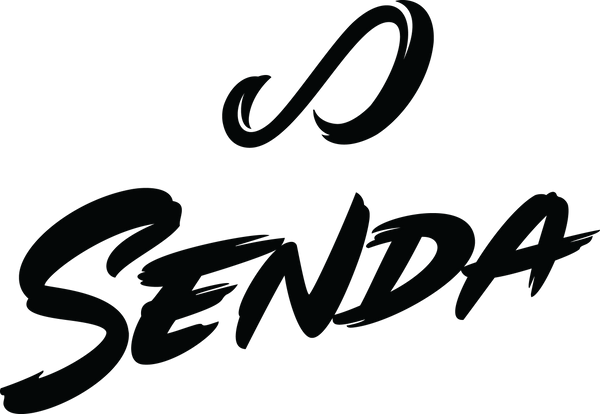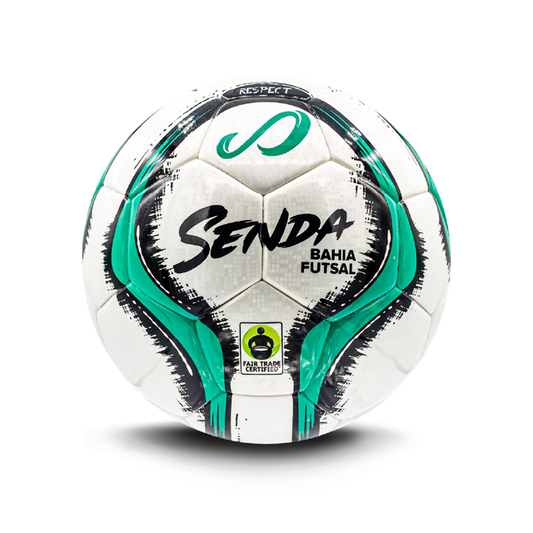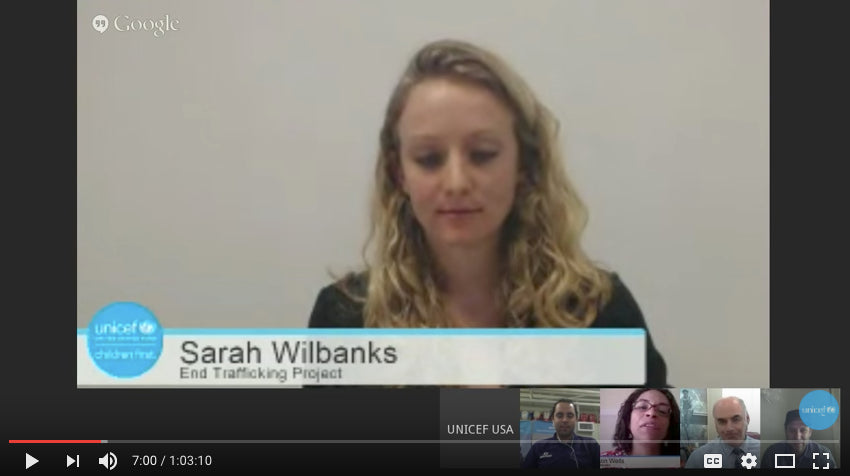I was both thrilled and humbled to be invited to participate in a UNICEF USA Panel "Addressing Human Trafficking in Global Supply Chains". This opportunity enabled myself and others to learn how various organizations are creating more fair supply chains and working to eliminate human trafficking, forced labor, and worker's abuse.
While we had previously collaborated with San Francisco-based Made in a Free World, it was our first times interacting with other talented and innovative panelists, including:
- Sarah Wilbanks - End Trafficking Project by Unicef (the panel host)
- Kristin Wells from the United State Department Office to Monitor and Combat Trafficking in Persons (TIP)
- Kevin Cassidy from the Labour Organization (ILO) - http://www.ilo.org/global/
about-the-i. .. - Justin Dillon - Made in a Free World (Founder and CEO)
To hear Senda's participation in the panel, skip to the 4:45 mark, the 22:35 mark, and the 59:34 mark.
Listed below are the highlights from this conversation:
What are we doing/What is happening now?
Sarah Wilbanks - End Trafficking Project
"There are an estimated 168 million children involved in child labor around the world, and 5.5 million of these are trafficked".
Kristin Wells - Office to Monitor and Combat Trafficking in Persons, Department of State
"We are looking at these issues in an important time. None of these practices are new. They have been going on for centuries. Some of them for millennia. The awareness we now have in the United States, in Europe, in other places is growing and spreading. That's a huge opportunity for anyone watching this hangout, or anyone who learns just the slightest bit about trafficking to get involved. Because we are still building our knowledge. We are still building a momentum that can be and already has become transformative in the last few decades."
Justin Dillon - Made in a Free World (Founder and CEO)
"We are an organization that works in the intersections between consumers and businesses, on how to create more optics and intelligence around supply chains."
Santiago Halty - Senda Athletics"What it means for the factory-workers that are working at a factory with fair trade. Basically, it means three things. They (FairTrade USA) work and make sure there is no forced labor or child labor in the making of the soccer balls. They make an investment in time & resources to improve their supply chain, how they treat their workers. Once you start that path, it helps them to keep working on it. They hope that brands like Senda and other brands will come to them because they are Fair Trade. It creates a business reason for them to do it, and not just to do it because it's the right thing. The second is the livelihood for the workers. For every Senda ball, we pay a FairTrade Premium that goes to the workers themselves, which they decide what to do with through a committee. That fund consists of tens of thousands of dollars. Right now they have decided to spend some on school appliances for the children. They have a fireplace shop (a supermarket), that has necessities the workers would need. They use the money to pay for children to go to the University. The third one is improving the working conditions. How can we make sure people have proper ventilation when they are there? That they have proper lights. That they have breaks and are not victims of any kind of abuse. Either verbal or psychical. These working conditions is a key component and very important. It's not only the right thing to do but the smart thing to do if you wanna be in business." How does the future look like/What can we do to change it? Sarah Wilbanks - End Trafficking Project
"There is still hope. There are wonderful organizations and people in all sectors of society working to ensure that products that we buy are made without such a heavy cost on others."
Justin Dillon - Made in a Free World (Founder and CEO)
"In 2008, we sent an email to a well-known CEO. We were not even called Made in a Free World at the time. We sent an email to a well-known CEO we knew didn't have any assistance or staff applied to his emails. We sent an email to the CEO by the name of Steve Jobs and asked;
"Hey! We just wanted to know if you know anything about tantalum and the iPhone? And it's mineral minded in the DRC(?) and the challenges around it. Do you have any idea about this? Please prove us wrong. We are just consumers who want to know." Sent email, never expected a response. 4 hours later got an email back! Says; "I had no idea, I'll look into it. Steve" sent from an iPhone.
Santiago Halty - Senda Athletics
"One of the main things we can do is start a conversation about the issue. let's not have this be a taboo, and let's be very active on social media about it. All of these large companies are looking at social media. What are people talking about? Tweet about this google hangout, right?! With the hashtag #endtrafficking. I think to bring the conversation into social media, we have today the possibility to start a conversation with people all around the world. Companies are keeping track of what consumers are saying about the issue on social media. If you tweet about this google hangout if you tweet questions. If you tweet to the companies about the issue. The second thing is that consumers can buy less, and buy better. If you see two shirts in the street for $10. Ask yourself, how can a shirt cost $10? How can two shirts cost $10? Is there something contributing to this product is so cheap? Perhaps by buying less and buying better, we can send a message to companies. That instead of making so many products this cheap, they can sell fewer products, that are being made better and that are paying the workers better."
Kristin Wells - Office to Monitor and Combat Trafficking in Persons, Department of State
"When people ask me this question, I'll often answer. Who are you? In addition, what are you doing? Then it's a matter of finding a way to use that to address trafficking. If that is what you are interested in doing. There is a lot of causes out there, but for people who want to focus on this one; If you are a dancer, create a dance about trafficking. If you are a writer, write about trafficking. If you work in a business, look at the ways your business may or may not be engaged in, or purchasing products that are made with forced labor and let the people in that business know about it.
Kevin Cassidy - International Labour Organization
"Focus on bigger penalties for the networks that participate in exploiting people. Focus on the economics. How do we make this about non-profit? How do we confiscate assets? How do we get the co-operation of criminal justice actors? It's labor, migration, department of state. How can we change it?
At Senda Athletics, we are proud to have participated in UNICEF USA Panel "Addressing Human Trafficking in Global Supply Chains", and we continue to encourage the discussions necessary to promote positive and sustainable change.


